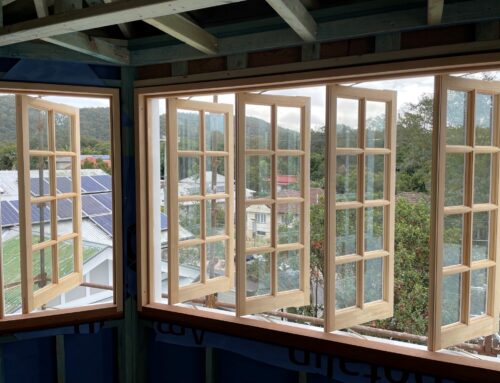Although most people understand that homeowners have responsibilities to avoid injuries on their premises, I find that this is much misunderstood within the community.
If you are an occupier of premises, you have a duty to exercise reasonable care to avoid entrants suffering injuries when they enter your premises. This includes people who enter the property without your knowledge and consent. For example, if someone walks up your front steps uninvited, you can still be liable if they fall through rotten steps even if you did not know that they were coming to visit you. It is not enough if you tell your friends and family before they visit to use the back stairs.
Owners of rental properties are also required to take reasonable steps to avoid injuries to tenants as well as entrants. If there is a property agent involved, the agent will usually be responsible for telling the owner about any defects in the property which may pose a safety hazard. It is then incumbent on the owner to take reasonable steps to remedy those defects.

The most common hazards we see in Queensland homes are:-
- Rotting timber on decks and stairs;
- Mould particularly where it renders pathways excessively slippery;
- Windows in rental properties without guarding so that children are at risk of falling through.
If you notice problems with rotting timber stairs or decks or slippery walkways it is very important that you act on it promptly and put up a sign warning people about the risk while you are waiting for it to be repaired.
The Court has made it clear that occupiers of homes are entitled to reasonably utilise their homes. The occupier of premises will not usually be liable for things like placing a low coffee table in a place where it poses a trip risk or leaving out a garden hose. In this way, the obligations of occupiers are different than the obligations of occupiers of commercial premises.
Whether you are a landlord, tenant or owner occupier, it is extremely important to ensure you have public liability insurance over your property. This may be included in your landlord insurance or your home and contents insurance. Before engaging a property agent, make sure the property agent has insurance cover. Landlords should be aware that failing to respond to defects once they have been identified by the agent may be sufficient to void your insurance which can have devastating effects if someone is injured.
In short, you can enjoy your home reasonably but make sure you act on obvious risks in the structure of your home or rental property particularly if you suffer a “near miss” yourself or you are warned by your property agent.

![Medical Records and Claims for Personal Injuries – Maher v Russell [2022] ACTSC 297](https://karelawyers.com.au/wp-content/uploads/2023/02/files.jpg)



